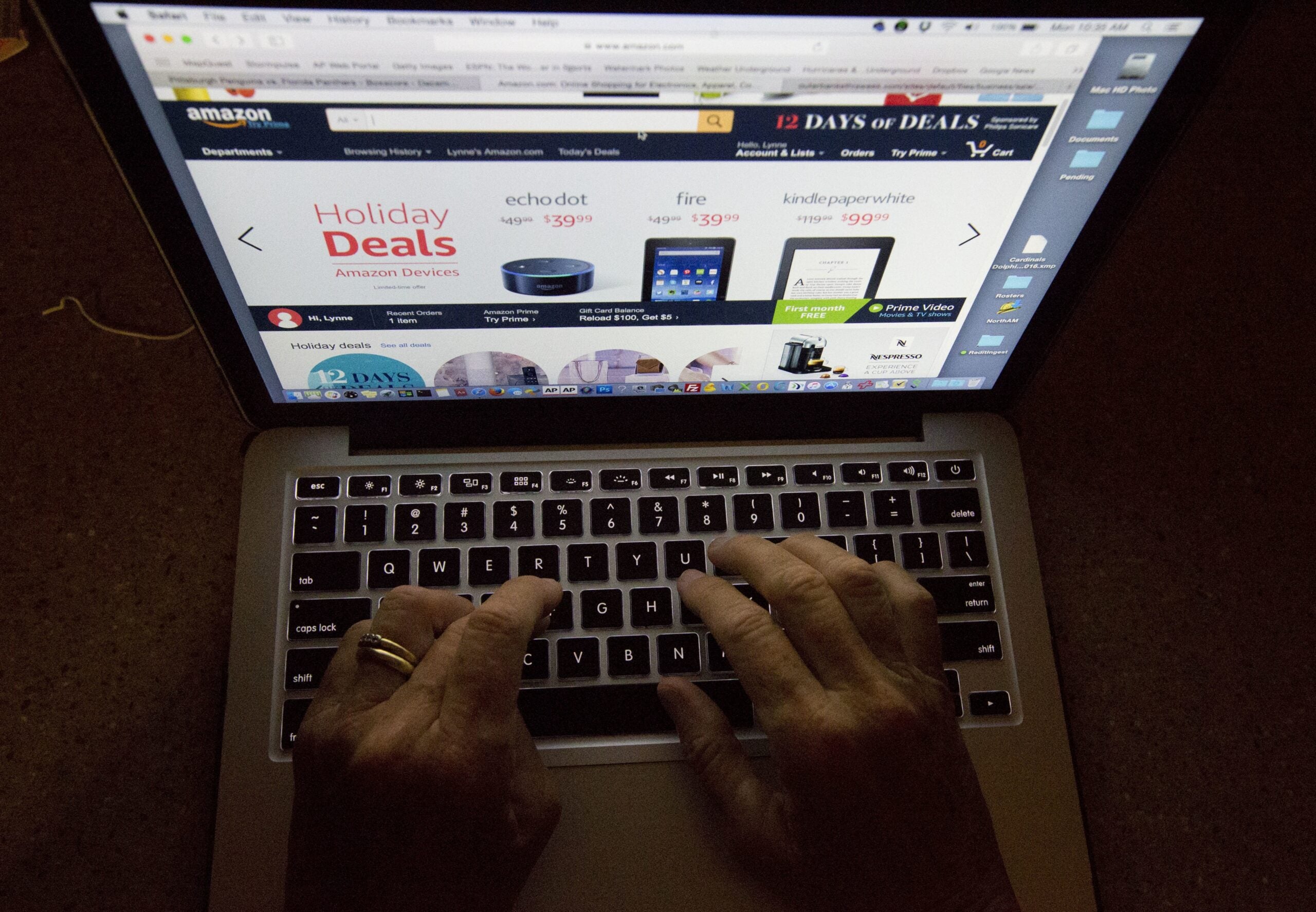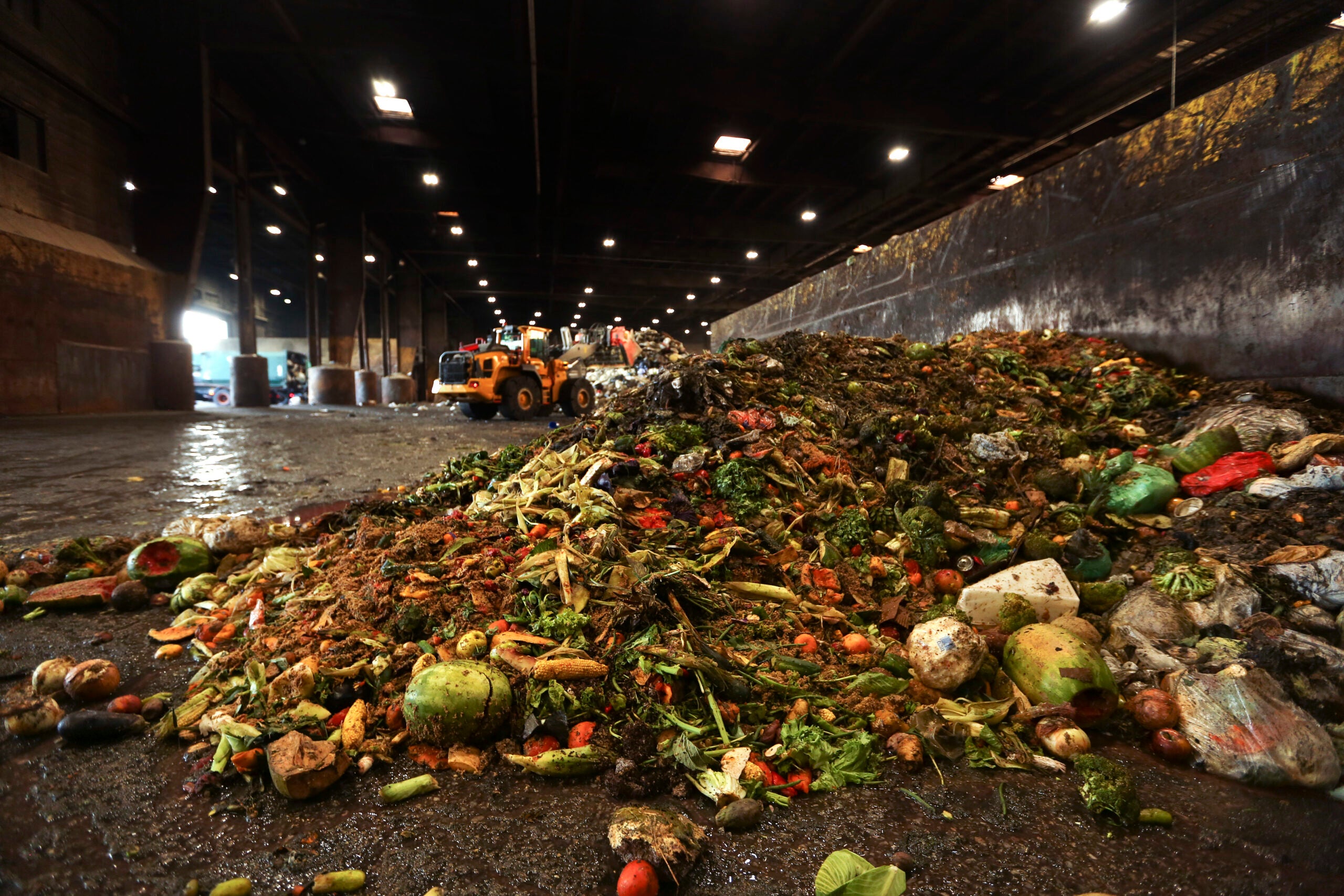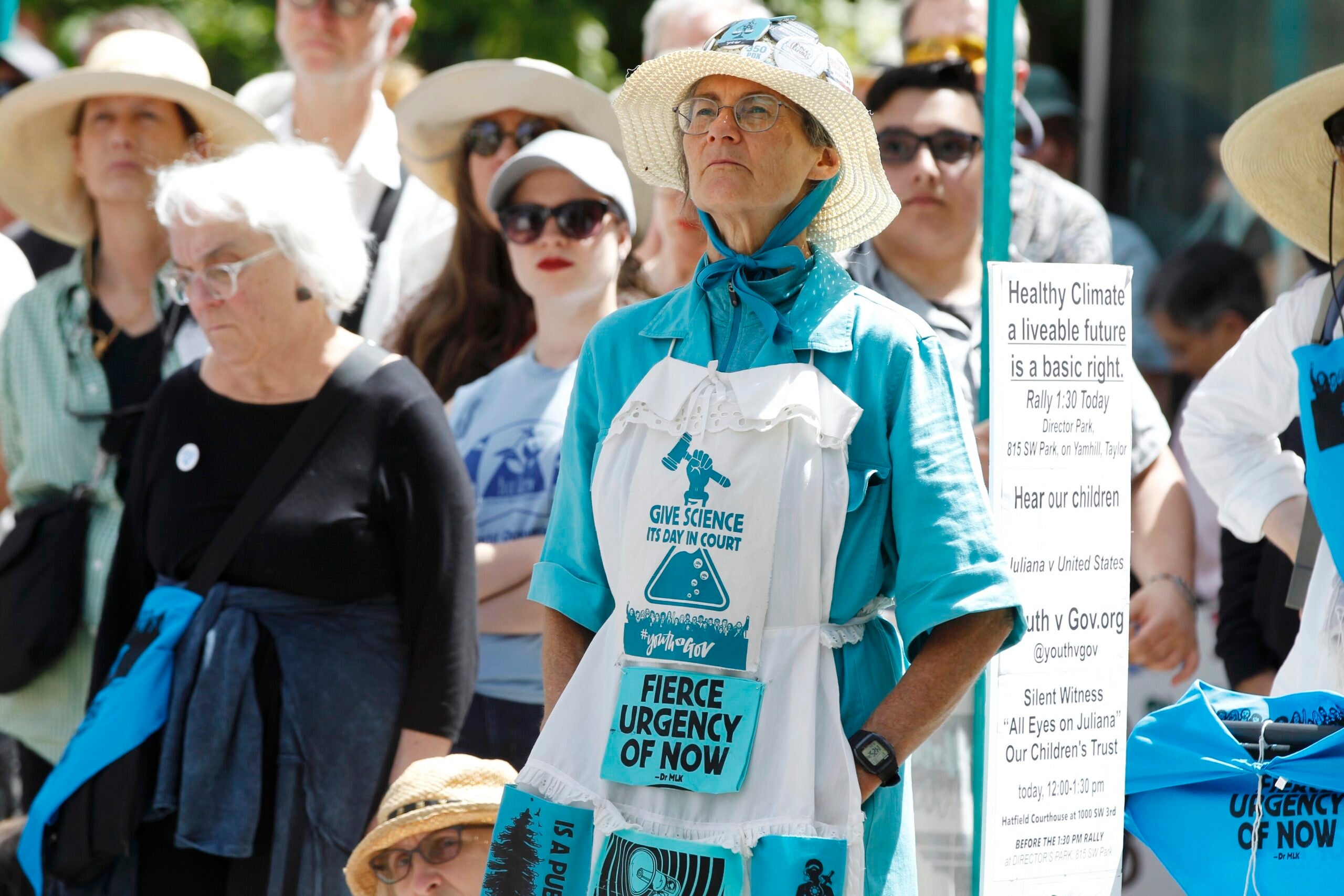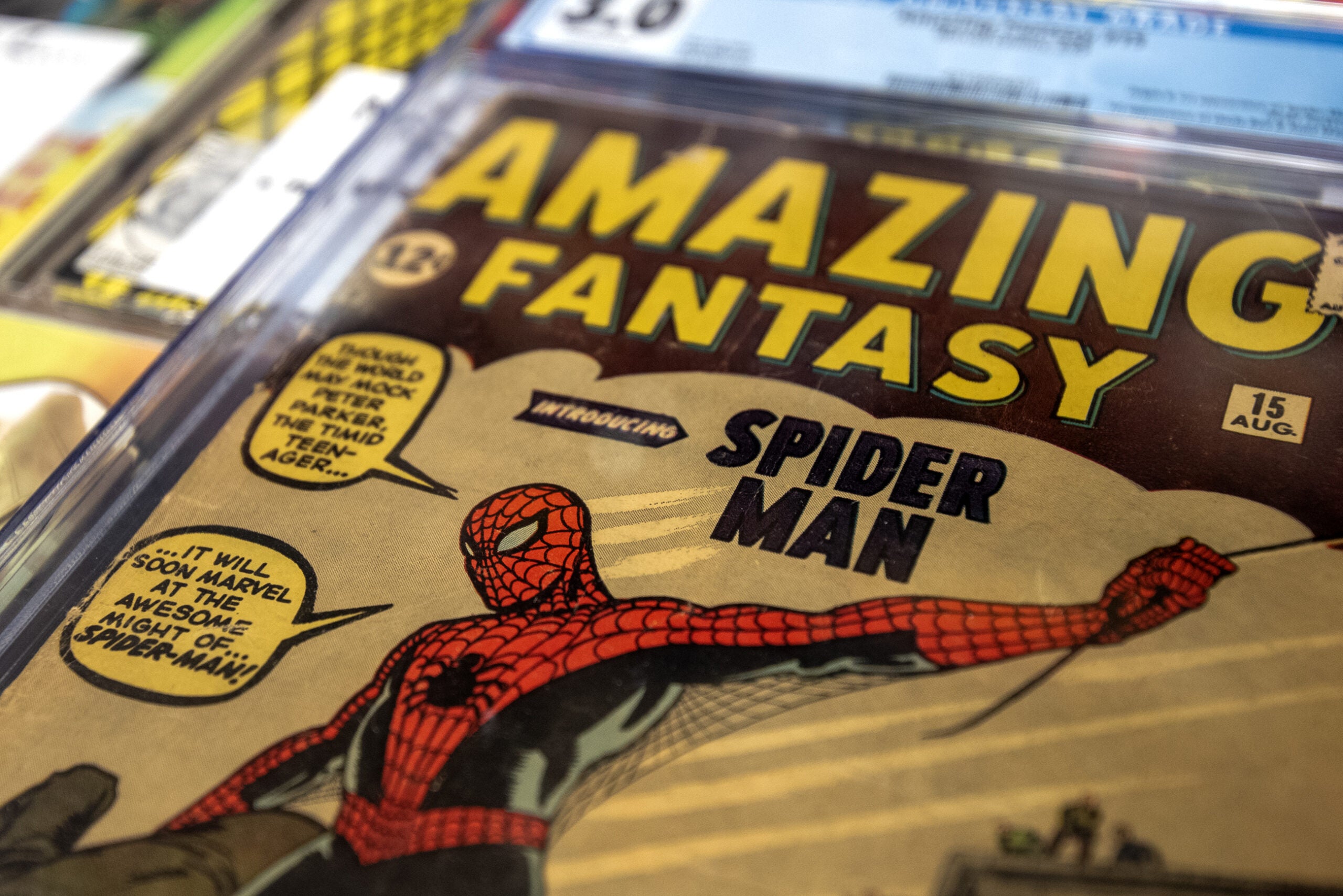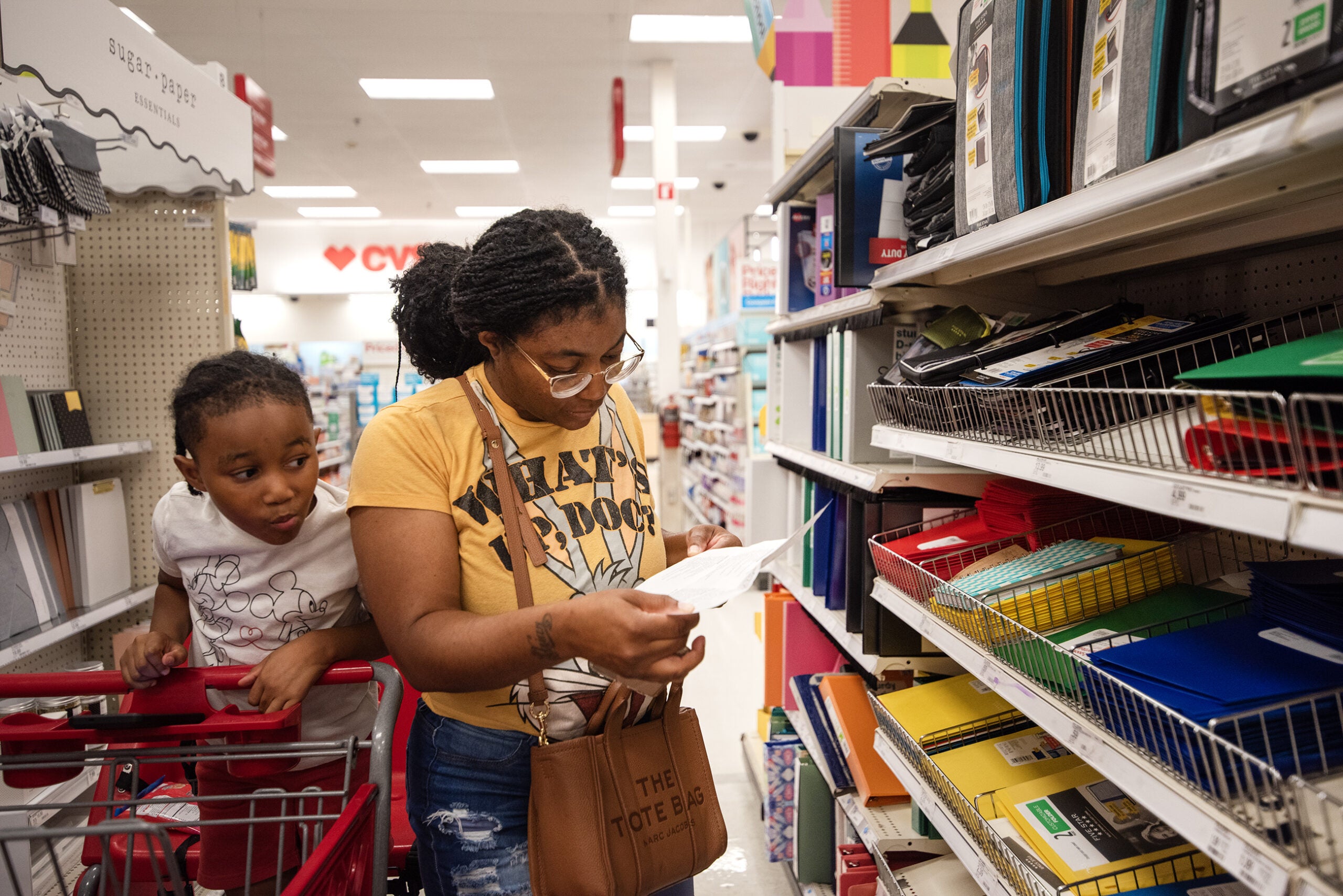With additional restrictions on brick-and-mortar retailers and many people sticking closer to home during the COVID-19 pandemic, our shopping habits have changed. Buying online has become even more ubiquitous in the last several months.
But as easy as one-click purchases might be, author and former advertising executive Tara Button says we’d all benefit from taking a moment to apply some mindfulness to our shopping.
In her book “A Life Less Throwaway: The Lost Art of Buying for Life,” Button advises readers on how to spot quality items and advocates against buying cheap things that break easily and burden landfills.
Stay informed on the latest news
Sign up for WPR’s email newsletter.
“Make sure you’re buying on your own terms and not reacting to a marketing message or whim,” said Button, who also founded the website Buy Me Once, which lists products that have been researched and tested as long-lasting.
The mantra at Buy Me Once is to “only buy what you need, buy once and buy well,” Button said.
Especially because it can be enticing to buy items with a couple clicks, Button said she’s found it effective to make a list of things she doesn’t need.
“Whenever I felt tempted while in a shop or online, I could think back to my list and remind myself that I’d already decided I didn’t need any more kitchen gadgets, pretty notebooks or gym equipment,” she said.
When you do need to make a purchase, shop only for that item and consider the product you can get the most out of over the long term. Unless it’s your wedding day, don’t buy clothes just for one event. Rather, buy something you can wear multiple times.
Buy Me Once has a list of about 2,000 quality items that Button and her team have vetted, such as bedsheets, pajamas, and kitchenware, which Button said people have been buying more of since the pandemic started. But there are certain things buyers can ask themselves before making the purchase:
- Are the materials the best for the job?
- Can the product withstand wear and tear?
- How is the product made and is it fixable?
- What do the reviews say?
- Is the brand willing to stand by their products with a good warranty?
“Always think about what the weakest link might be and look for brands who have tried to solve those problems,” she advised.
Some big online companies make money by selling lots of cheap products. But some imported goods may not be subject to the same quality standards imposed on American- and European-made products, Button said. These products may break easily and require replacement time and time again.
“This is what creates the waste,” Button said. “When the same item has to be dug out of the ground, melted down, manufactured into a product, shipped all across the world again and again, just to end up in the rubbish, this is what needs to stop.”
Taking inventory of what you currently own can help you navigate what to spend your money on now. Think about the items you have and how they got there. Were they gifts or freebies? Why did you buy them? How do you feel about them now?
Button advised categorizing your items into things you want to keep and give away, thinking mindfully through the process about the differences between them.
“Now, imagine a force field at your front door which only long-lasting goods that you’ll want to keep for a long time can pass,” she said.
When you decide on something to purchase, give yourself time before ordering. Button said one easy trick is to wait 24 hours before checking out.
‘Sometimes you go back to the cart and realize, ‘Oh, I really don’t need this,’” she said.
Wisconsin Public Radio, © Copyright 2024, Board of Regents of the University of Wisconsin System and Wisconsin Educational Communications Board.

